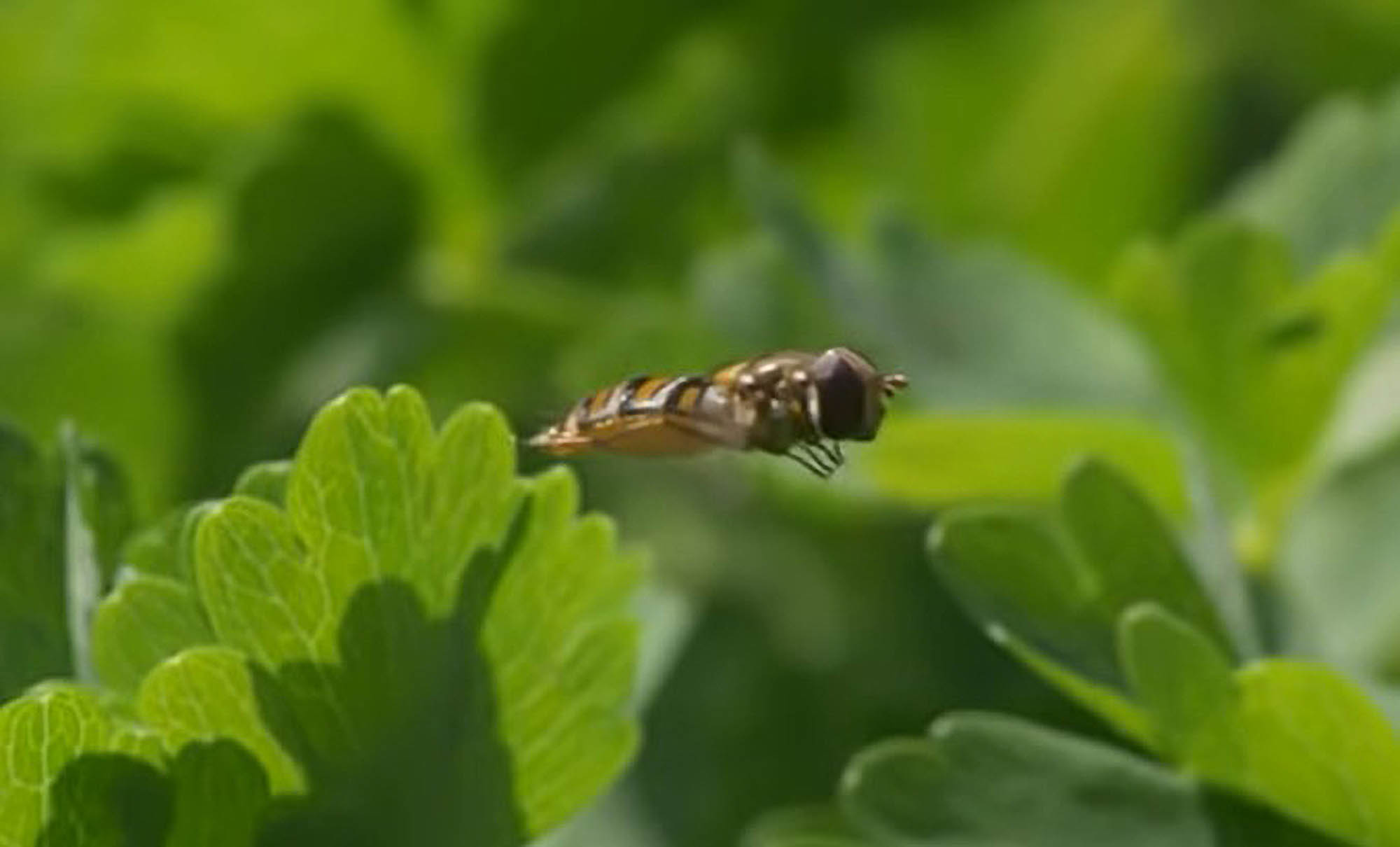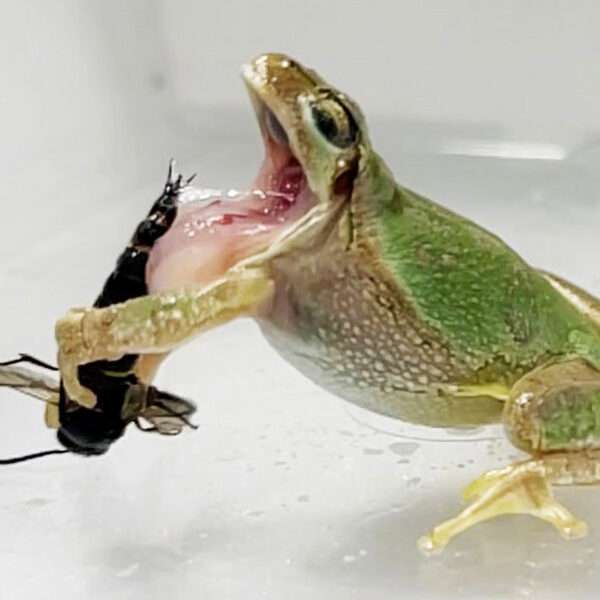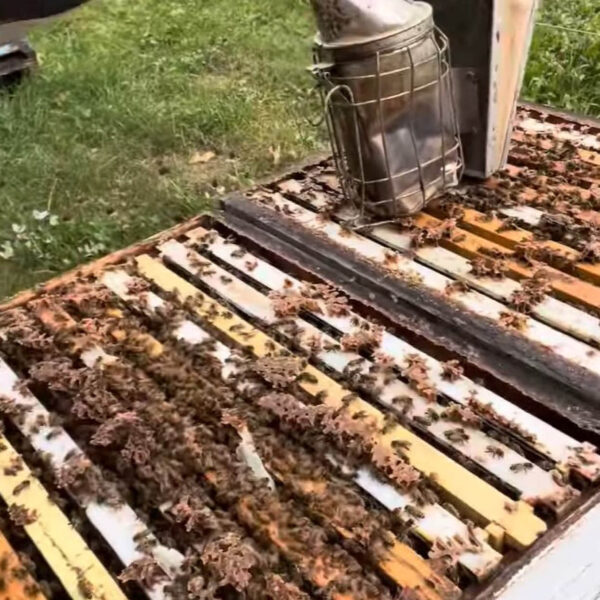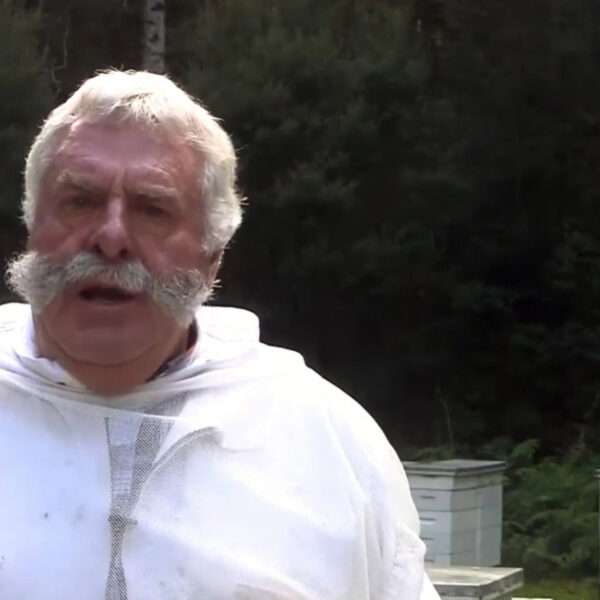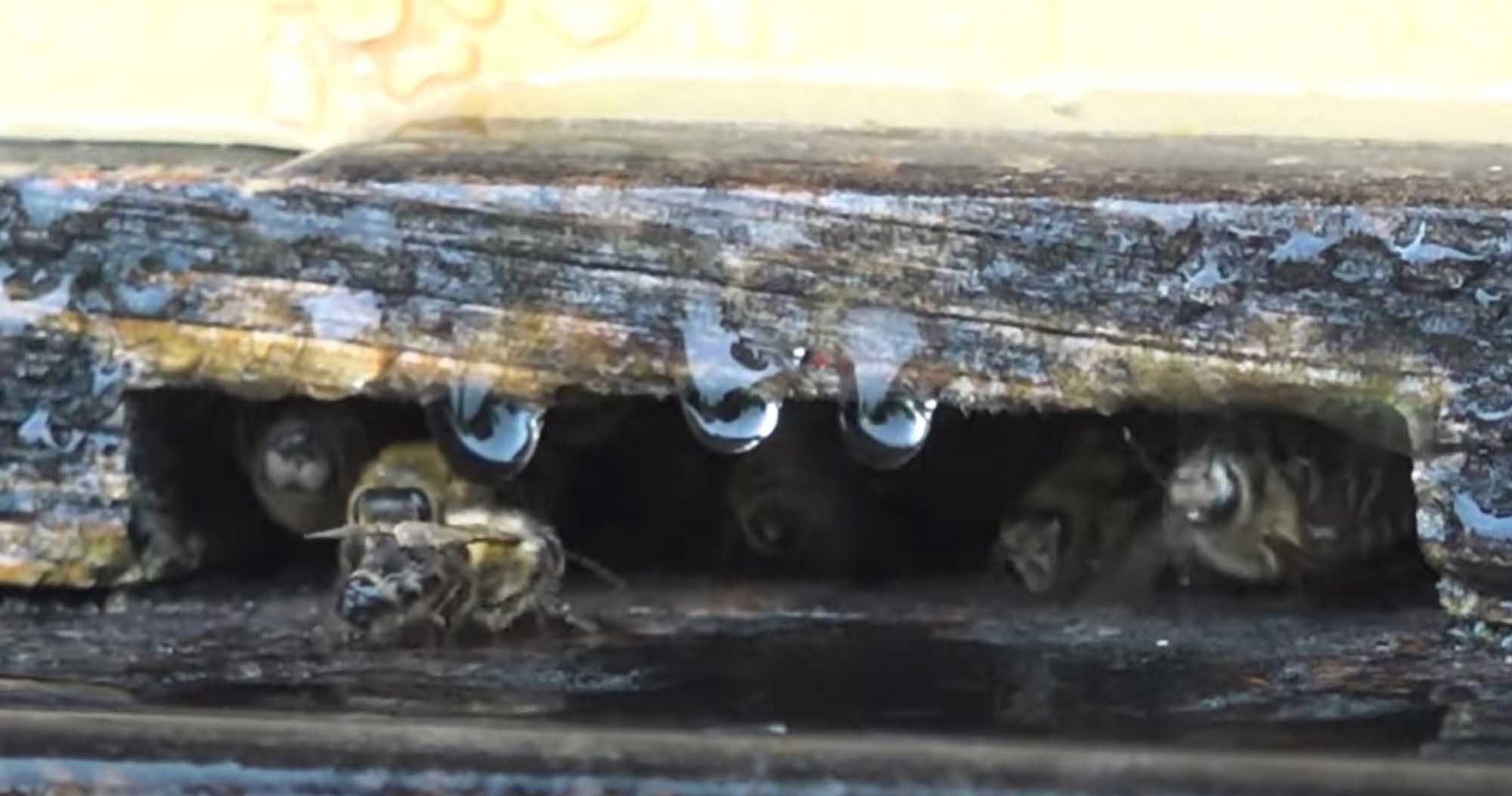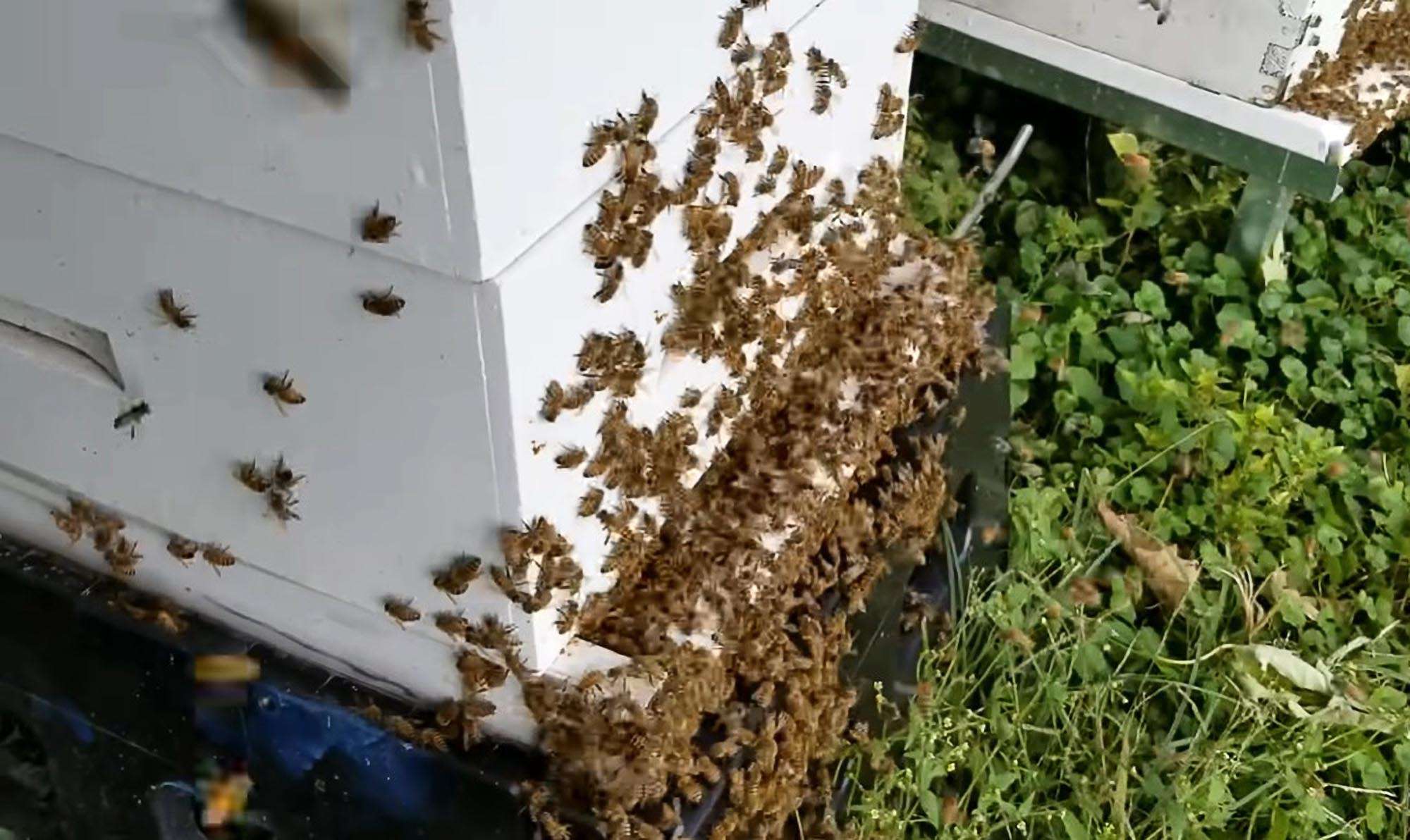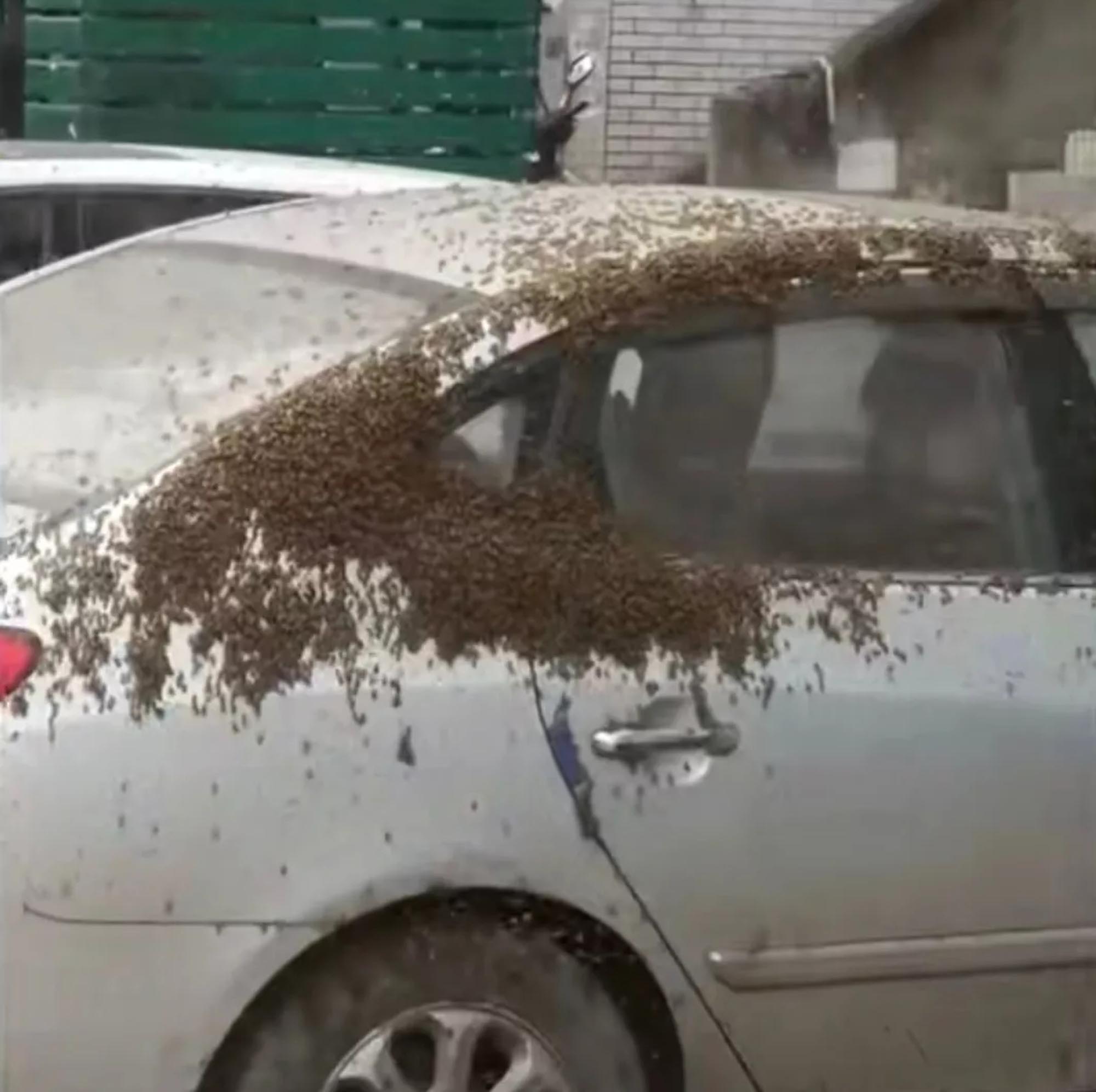A popular insecticide has been identified as the cause of death of millions of bees at a Californian apiary.
Back in September 2023, San Diego Bee Sanctuary owner Paul Gunn admitted being “in shock” after having discovered that numerous colonies at the site in Escondido, a city in San Diego County, had died.
Paul told the ABC 10 News programme: “We work so hard, you want to cry.”
Now an examination has revealed that the pollinators were poisoned. Paul said: “We got the findings from the agricultural department that it was a double lethal dose of fipronil that killed the bees.”
The San Diego Bee Sanctuary boss explained: “The chemical is quite deadly to our important honeybees. It’s a chain reaction. If the bees bring fipronil into one hive or multiple hives as in this case, other bees will be affected.”

Experts from the regional agriculture authority were unable to determine who applied the chemical substance. Several farms in the area were under investigation, according to news reports.
Fipronil must not be applied in the European Union. However, the broad-spectrum agent is very popular among agricultural enterprises and garden owners in many other parts of the world.
Paul also deplored that honey farm managers all over California had been affected by several hive thefts and various acts of vandalism.
Despite the devastating consequences of the fipronil poisoning, Paul abstained from reporting the incident to the police.
A fundraiser set up by the San Diego Bee Sanctuary chief to rescue his business managed to garner USD 12,325 (EUR 11,429, GBP 9,739).
The GoFundMe initiative’s initial target was to receive USD 10,000.
Paul said: “Thank you so much for everyone’s generosity, you really made this hard time way easier. We can’t express how amazing you all are and how much this mends our hearts! You have given us so much motivation and support.”
The San Diego Bee Sanctuary’s mission is “to remove and rescue bees and provide them with a safe habitat to grow and prosper.”
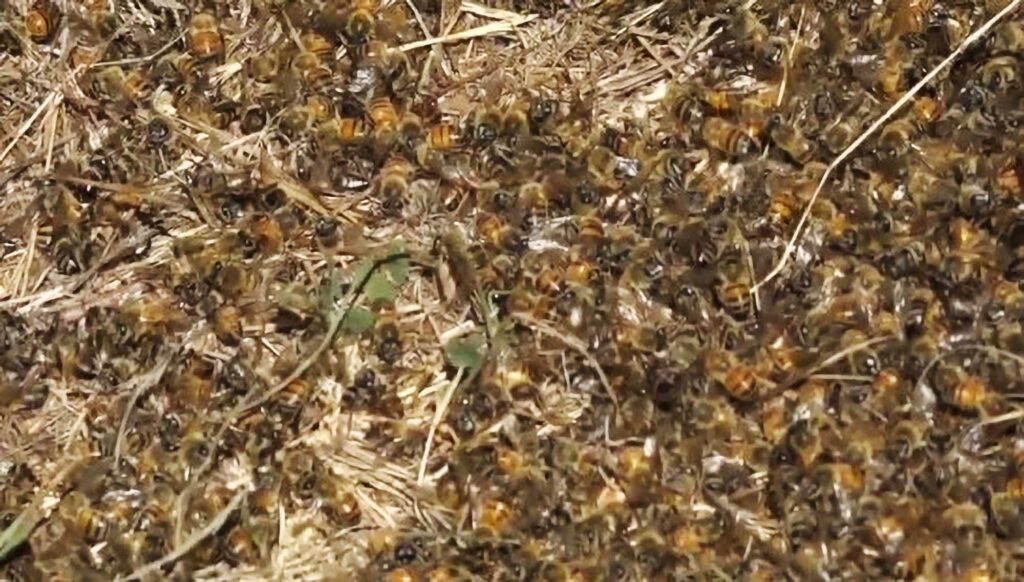
On its website, the company underlines it always removes the swarms from locations such as wall cavities and backyard trees “using humane and safe techniques to maintain the harmony of nature.”
It adds: “The bees are housed at bee yards and sanctuary spaces where they are given everything they need to prosper.”
Numerous scientific studies have confirmed the detrimental impact of pesticides and insecticides on bees. At the same time, biotechnology firms and many farmers argue that there is no viable alternative to applying the substances in their fight against parasites.
Honeybees and the various solitary bee species that exist all around the world play a key role in ecosystems due to their engaged pollination of plants and flowers.


